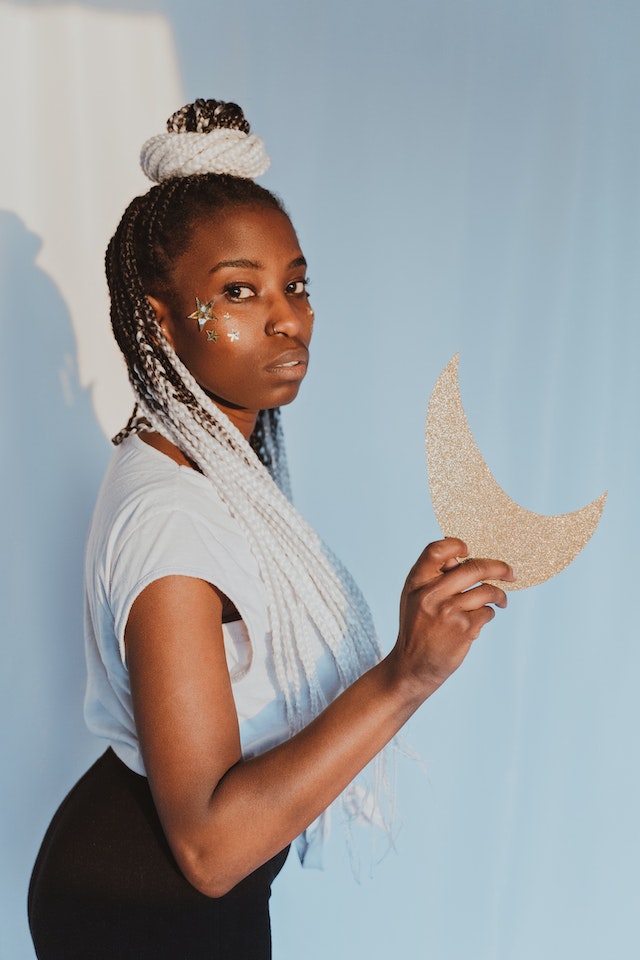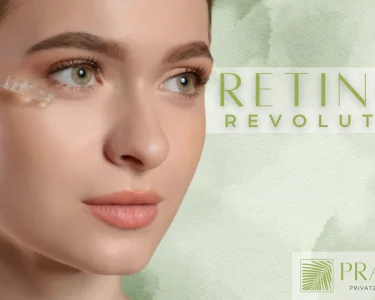In the realm of media and advertising, colorism plays a significant role in shaping our perception of beauty. This insidious form of discrimination favors lighter skin tones over darker ones, perpetuating harmful beauty standards that marginalize individuals with darker complexions. In this article, we explore the impact of colorism in media and advertising, examining its consequences on society’s perception of beauty and the urgent need for change.
The Influence of Media and Advertising:
Media and advertising have an immense influence on how we perceive ourselves and others. Through carefully curated images, these industries shape our ideals of beauty, often promoting a narrow definition that values lighter skin tones. Advertisements, fashion magazines, and television shows predominantly feature individuals with fairer complexions, creating an unrealistic and unattainable standard that excludes people of darker skin tones.
Reinforcing Biased Beauty Standards:
Colorism in media and advertising reinforces biased beauty standards that associate lighter skin with desirability, success, and social acceptance. By consistently showcasing individuals with lighter complexions as the epitome of beauty, these industries perpetuate the marginalization and underrepresentation of people with darker skin tones. This not only harms those who do not fit into the established beauty norms but also perpetuates systemic inequalities based on skin color.
Negative Effects on Self-Esteem:
The constant bombardment of images promoting lighter skin as the ideal can have severe consequences on individuals’ self-esteem, particularly those with darker complexions. People who do not conform to these beauty standards may experience feelings of inadequacy, self-doubt, and a distorted self-image. The harmful effects of colorism on self-esteem can lead to a range of mental health issues, including depression, anxiety, and body dysmorphia.
Impact on Society:
Colorism in media and advertising extends beyond personal insecurities and affects society as a whole. It reinforces harmful biases and perpetuates systemic discrimination based on skin color. This creates a cycle of privilege and marginalization, with individuals of lighter skin tones receiving preferential treatment in various areas such as employment, education, and social interactions. The unequal representation in media and advertising further amplifies these disparities, hindering progress towards a more inclusive and equitable society.
Challenging the Status Quo:
Efforts to challenge colorism in media and advertising are gaining momentum. Advocacy groups, activists, and influencers are using their platforms to promote diversity, inclusivity, and representation. They are calling out brands and media outlets for perpetuating biased beauty standards and demanding more accurate and inclusive portrayals of beauty. By challenging the status quo, these voices are reshaping the narrative and pushing for a more inclusive media landscape.
The Need for Change:
To combat colorism in media and advertising, a collective effort is required. Brands, media outlets, and advertisers must take responsibility for their role in perpetuating biased beauty standards. They should actively seek diversity in their campaigns and feature a broader range of skin tones to reflect the true diversity of society. Moreover, consumers have the power to demand change by supporting brands that prioritize inclusivity and representation and holding accountable those that fail to do so.
Conclusion:
Colorism in media and advertising has a detrimental impact on our perception of beauty and reinforces biased standards that favor lighter skin tones. It is essential to recognize the power of media in shaping our ideals and the responsibility that comes with it. By challenging colorism, promoting inclusivity, and embracing diverse representations of beauty, we can pave the way for a more equitable and accepting society. It is time to dismantle the dangerous game that colorism plays in our perception of beauty and strive for a future where every individual is celebrated, regardless of their skin color.




